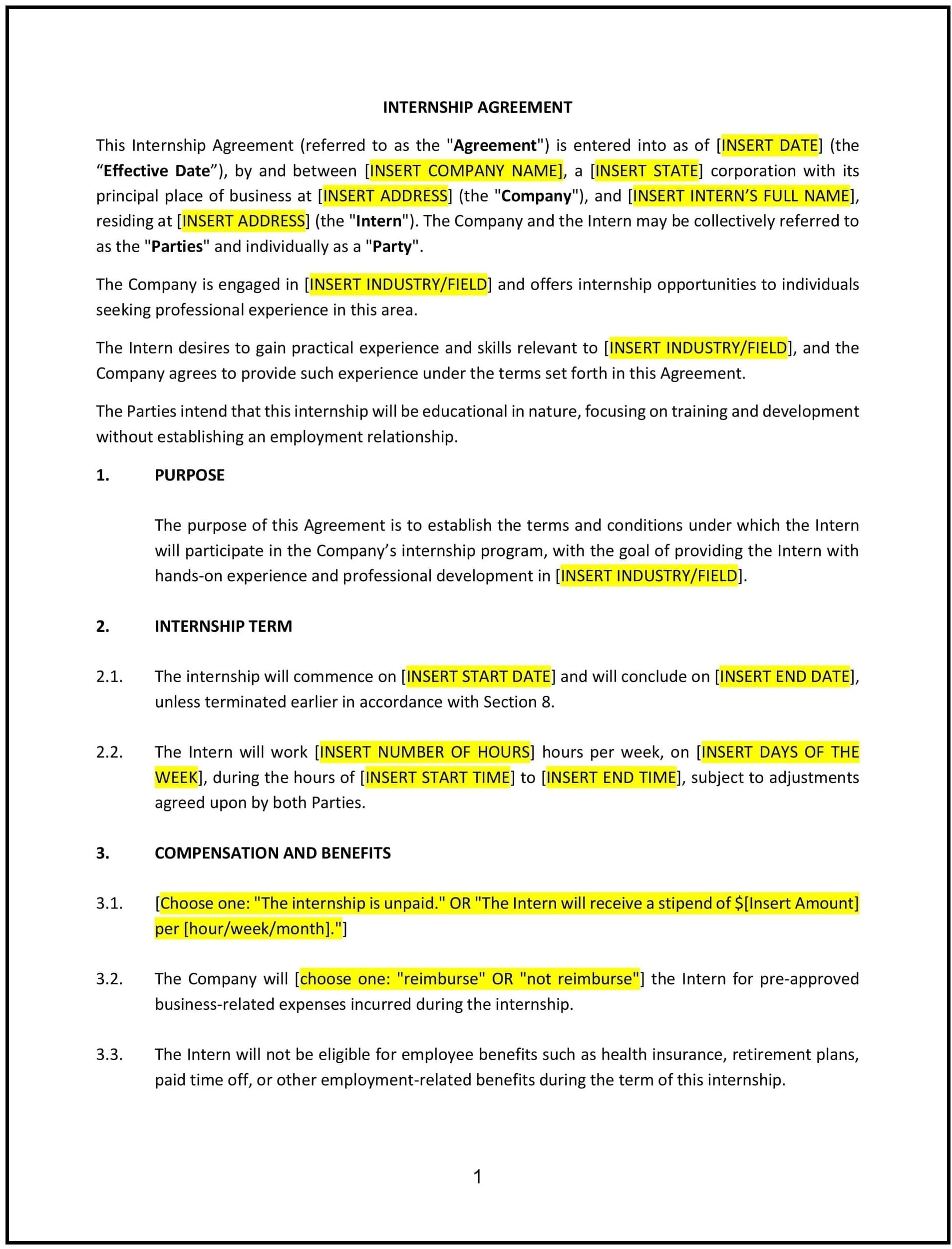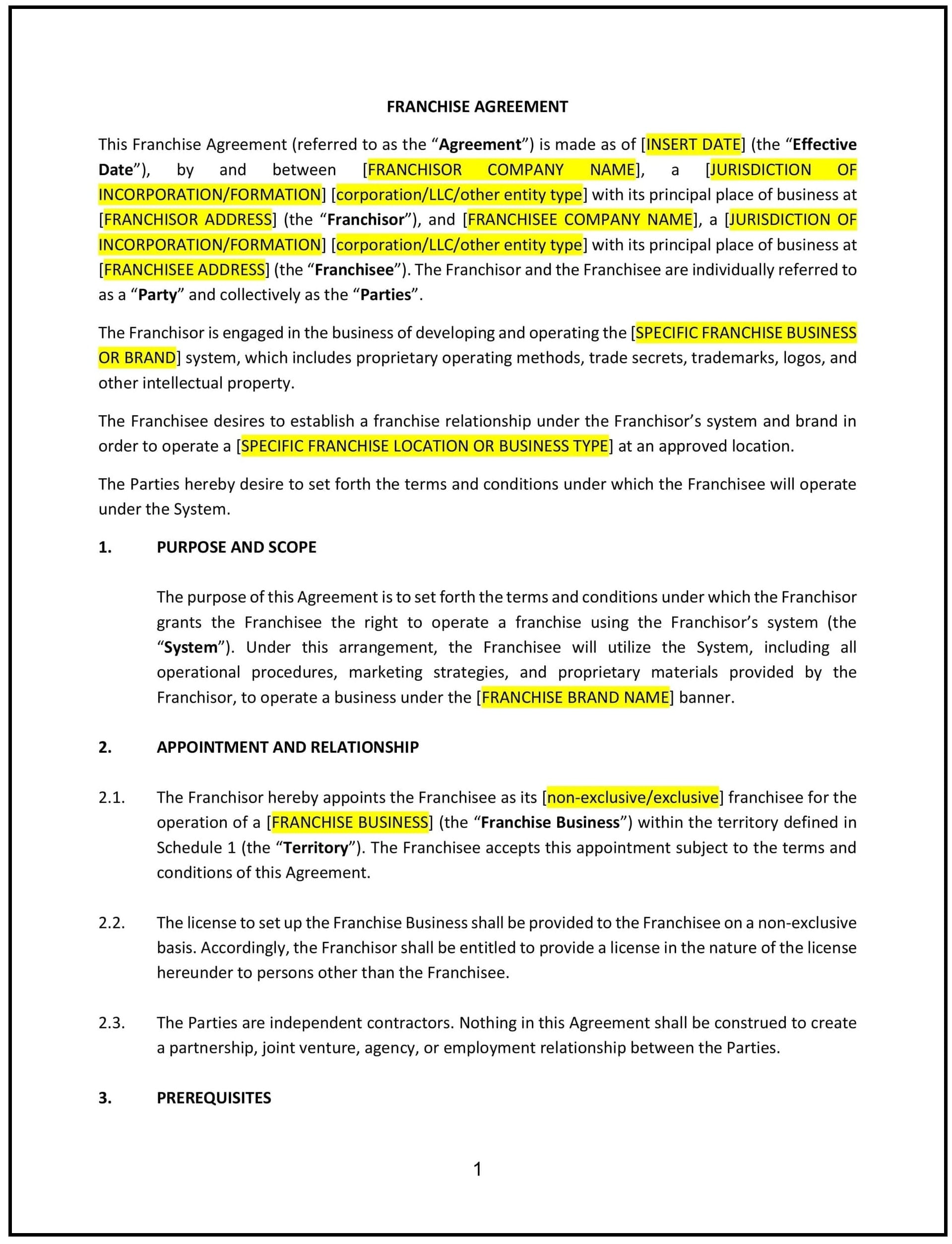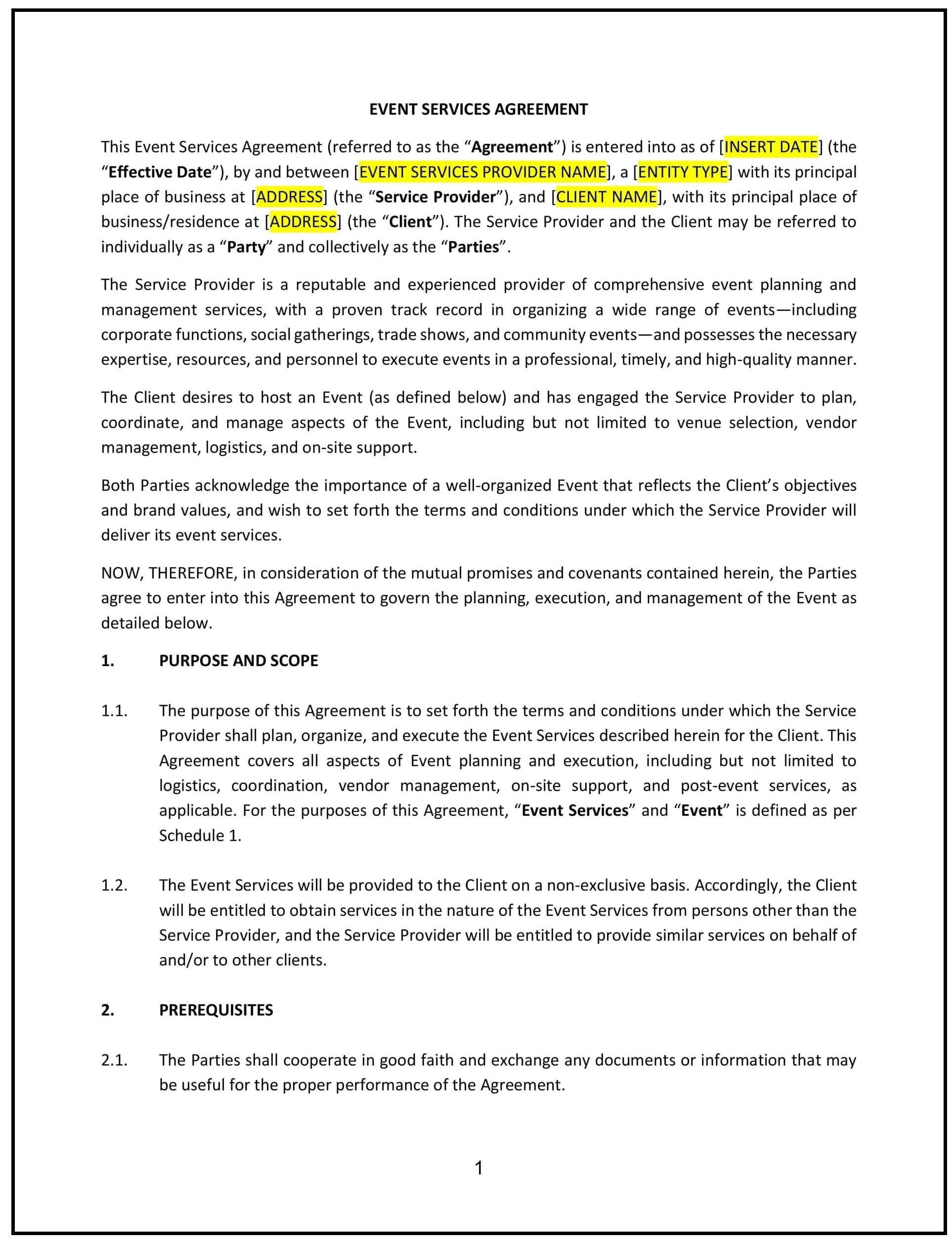Sale of Goods Agreement (Pro-Seller) (Delaware): Free template
Sale of Goods Agreement (Pro-Seller) (Delaware)
A Sale of Goods Agreement (Pro-Seller) in Delaware is a legally binding contract that sets the terms under which a seller transfers goods to a buyer. This agreement helps protect the seller’s financial and legal interests by defining payment obligations, delivery terms, risk allocation, and warranty disclaimers. It is commonly used in industries such as manufacturing, wholesale distribution, retail, and e-commerce, where businesses frequently engage in the sale of physical goods.
Delaware follows Uniform Commercial Code (UCC) Article 2, which regulates the sale of goods and provides legal standards for contract enforcement, warranties, and risk of loss. Given Delaware’s business-friendly environment, many companies incorporate in the state, making it a preferred jurisdiction for contract enforcement. Sellers should ensure their agreements align with UCC provisions while also considering Delaware-specific contract principles that may impact enforceability.
A well-drafted agreement helps Delaware sellers minimize payment disputes, clarify shipping responsibilities, and establish clear return policies while supporting compliance with state commercial laws.
Tips for drafting and maintaining a Sale of Goods Agreement (Pro-Seller) in Delaware
- Clearly define the goods being sold, including product specifications, quantity, pricing, and any applicable quality standards to prevent misunderstandings.
- Establish payment terms, including invoice deadlines, acceptable payment methods, and penalties for late payments. Delaware contract law allows for reasonable late fees if properly disclosed in the agreement.
- Outline delivery conditions, including shipping timelines, transfer of risk, and responsibility for transportation costs. Under Delaware UCC Article 2, risk of loss generally transfers to the buyer upon receipt unless the contract states otherwise.
- Address warranty disclaimers to protect the seller from liability. Delaware law permits sellers to exclude implied warranties such as merchantability and fitness for a particular purpose, but disclaimers must be explicitly stated in writing.
- Specify return and refund policies, particularly for industries such as wholesale and e-commerce. While sellers may limit returns, consumer transactions may be subject to additional protections under Delaware consumer protection laws.
- Include a force majeure clause to account for events beyond the seller’s control, such as supply chain disruptions, regulatory changes, or natural disasters that could impact contract fulfillment.
Frequently asked questions (FAQs)
Q: What should Delaware businesses include in a Sale of Goods Agreement (Pro-Seller)?
A: The contract should specify product details, payment obligations, delivery conditions, warranty disclaimers, and liability protections to ensure smooth transactions.
Q: How does a Sale of Goods Agreement (Pro-Seller) benefit Delaware sellers?
A: It helps sellers formalize transactions, reduce the risk of disputes, clarify legal obligations, and provide enforceable payment protections.
Q: Are warranty disclaimers enforceable in Delaware?
A: Yes, under Delaware UCC Article 2, sellers can disclaim implied warranties, but they must do so clearly in the contract. Consumer sales may require additional disclosures under state law.
Q: What happens if a buyer refuses to pay under a Sale of Goods Agreement in Delaware?
A: The seller may pursue legal remedies such as contract enforcement, collections, or repossession of goods, depending on the terms of the agreement.
Q: How should Delaware sellers handle disputes under a Sale of Goods Agreement?
A: The contract should include a dispute resolution clause specifying whether conflicts will be resolved through Delaware courts, arbitration, or mediation.
Q: Does Delaware require sales tax on goods sold under this agreement?
A: No, Delaware does not impose a state sales tax, but businesses should verify any applicable local tax obligations based on their specific operations.
Q: Can a seller refuse returns under a Sale of Goods Agreement in Delaware?
A: Yes, a seller can enforce a no-return policy for business-to-business sales, but consumer transactions may be subject to additional return rights under Delaware law.
This article contains general legal information and does not contain legal advice. Cobrief is not a law firm or a substitute for an attorney or law firm. The law is complex and changes often. For legal advice, please ask a lawyer.


